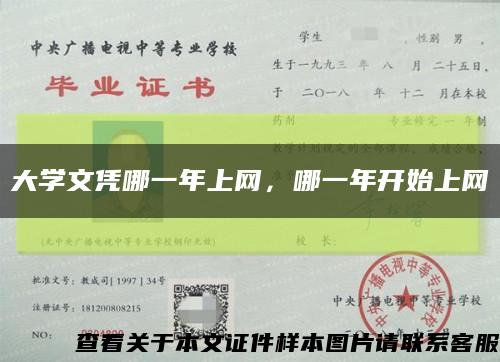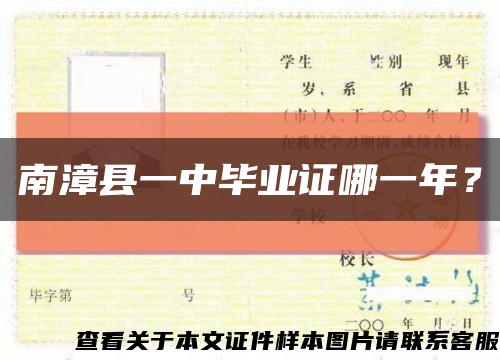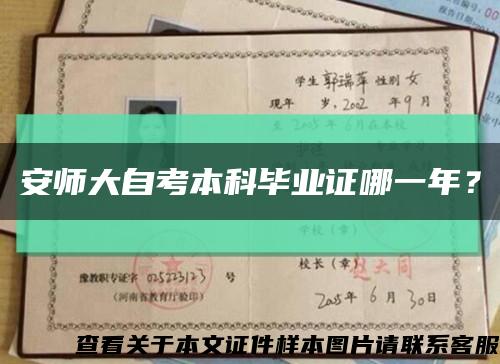HemaybeisfromtheUSA,tooIarrivedinBeijinglastnight=IreachedBeijinglastnight=IgottoBeijinglastnightWeshouldshouttohim,orhecan’thearus
八年级上册英语,八年级上册英语知识点
有质量的知识才是名校的真实力,每一所这样的大学,至少都有十种左右高质知识储备在教授门手中,储备在这些学校与世界的多重联系中,正是这高质量知识的储备。下面给大家分享一些人教版
八年级第一册英语知识,希望对大家有所帮助,欢迎阅读!下面给大家分享一些人教版
八年级第一册英语知识,希望对大家有所帮助,欢迎阅读!

人教版八年级英语知识
1.It’s 形容词 forsb. todosth.做某事对某人来说是…的。
It’simportanttodosth.做某事很重要。
It’simportantformetoeatabalanceddiet.平衡饮食对我来说很重要.
It’seasytodosth.做某事很容易。
It’seasyforustofindouttheanswer.找出答案对我们来说是容易的。
2.情态动词should的用法
should它是感动词,其基本用法是与其他动词一起构成谓语。意为"应该."。
should(应当,应当)用于所有人称,表示建议或者建议。
eg.---Ihaveaverybadcold.感冒很严重。
---Youshouldliedownandhavearest.你应该躺下,多喝水。
3.maybe与maybe
(1)maybe是副词,翻译成可能,可能,相当于perhaps”。如:Maybehecananswerthequestion.
也许他能回答这个问题。
HemaybeisfromtheUSA,too.他也可能来自美国。
(2)maybe中的may可能是情态动词.”。如:
HemaybefromtheUSA,too.他也可能来自美国。
ShemaybeourEnglishteacher.她可能是我们的英语老师。
4.few、afew、little、alittle区别与联系:
(1)few/afew修饰可数名词,few表示否定意义,没有,几乎没有;afew有几个表示肯定意义。例如:
Hehasfewfriendshere,hefeelslonely.他这里没有朋友,他感到孤独。
Thereareafeweggsinthebasket.篮子里有几个鸡蛋。
(2)little/alittle用来修饰无数名词,little表示否定意义,没有,几乎没有;alittle表示肯定意义,有一点。例如:
Thereislittleinkinmybottle.Canyougivemealittleink?
我瓶子里没有墨水。你能给我一些墨水吗?
5.not…until直到…(否定句)才.动词是短暂或瞬间动词。
Shedidn’tleaveuntilwecame.
Hewentshoppingafterhegotup.
=Hedidn’tgoshoppinguntil/beforehegotup.
.until/till直到.(肯定句)动词是连续动词
Westayedheretill/until12o’clock.
八年级英语知识2
1.arriveat到达(小地方)
arrivein到达(大地方)
reach到达
getto到达
IarrivedinBeijinglastnight.=IreachedBeijinglastnight.
=IgottoBeijinglastnight.
假如宾语是副词here,there,home,要把at/in/to省略。
arrivehere/there/home
gethere/there/home
2.infrontof…在…前面(某一范围外的前面)
inthefrontof…在…前面(前面在一定范围内)
Therearesomebigtreesinfrontoftheclassroombuilding.教室前面有一些大树。
Ilikesittinginthefrontofthetaxi.我喜欢坐在出租车的前排。
Ilikesittinginthefrontofthetaxi.我喜欢坐在出租车的前排。
3.takeoff
(1)起飞
Whendidtheplanetakeoffyesterday?飞机什么时候起飞?
(2)脱(衣帽等)
Hetookoffhiscoatassoonashewentintotheroom.他一进房间就脱下外套。
(3)取消
Theywilltakeoffthe5amtrain.他们早上5点取消了火车。
4.getout(of)…从……离开/出去/下来
Acarstoppedandagirlgotoutofit.
但是从汽车/火车/船/飞机/马上下来,用getoff…
5.follow
(1)跟随Ifollowedhimuphehill.我跟着他上山.
(2)沿着……前进Followthisroaduntilyougettothepostoffice.沿着这条路直到邮局.
(3)听懂,理解Couldyouspeakmoreslowly?Ican’tfollowyou.你能说慢点吗?Ican’tfollowyou.你能说慢点吗?我听不懂。
(4)followsb.todosth.跟着某人做某事
Pleasefollowmetoreadthestory.请和我一起读这个故事。
6.shoutat大喊大叫,多指生气而不是善意的大喊大叫
Don’tshoutatthelittleboy.Heistooyoung.别对他大喊大叫,他还太小。
shoutto大声喊叫,多指因为距离远而不得不大声喊叫
Weshouldshouttohim,orhecan’thearus.我们应该对他大喊大叫,否则他听不到我们的声音。
7.hen具体事件的发生是偶然的,没有预见
(1)hentodosth.碰巧做某事
Ihenedtomeetoneofmyoldfriendsintheparkyesterday
.昨天在公园碰巧遇到了一个老朋友。
(2)sthhenstosb.有人发生了什么事
Ancaraccidenthenedtohimlastmonth.上个月他发生了交通事故.
takeplace发生
(1)按计划或按计划发生
GreatchangeshavetakenplaceinChinainrecentyears.近年来,中国发生了巨大的变化.
(2)(运动/活动/会议等)
ThemeetingwilltakeplacenextFriday.运动会将于下周五举行。
taketheplaceof代替,取代
Plasticscansometimestaketheplaceofwoodandmetal.塑料有时可以代替木材和金属.
takeone’splace坐在某人的位置,取代某人的职位
Cometotakemyplace.myseatisnearthewindow.来做我的位置,我的座位靠近窗户。
8.anywhere任何地方都常用于否定句或疑问句.
Didyougoanywherelastnight?
8.anywhere任何地方都常用于否定句或疑问句.
Didyougoanywherelastnight?你昨天还去了别的地方了吗?
somewhere用于肯定句的地方。
comeandseeme.Thenwe’llgooutsomewhere.来我家找我,然后我们出去逛逛。
everywhere处处,到处=hereandthere
Ican’tfindmypenthoughIlookedforiteverywhere.虽然我到处找,但我还是找不到我的笔。
11.silence名词,沉默/沉默
There’snothingbutsilenceintheroom.房间寂静无声。
Keepinsilence.保持沉默.
silent形容词,沉默,沉默,沉默
Theoldhousewasquitesilent.老房子沉默了。
Thecatmovedonsilentfeet.猫静静地走着。
12.hear听到
Canyouhearsomeoneknockingatthedoor?你听到有人敲门了吗?
(1)hearof听说后接表示人或物的词
Ihaveneverheardofhimbefore.我以前从未听说过他。
(2)hearabout听说,后接表示事件的名词
I’vejustheardabouthisillness.我刚听说他生病了。
Haveyouheardabouttheaccident?你听说过事故吗?
(3)hearfrom收到某人的来信
IheardfrommydaughterinNewYorkyesterday.昨天在纽约收到女儿的来信。
13.主语 be oneofthe 最先进的形容词 复数名词 in/of短语。
……是……中最……的……之一.
ThiswasoneofthemostimportanteventsinmodernAmericanhistory.
这是美国历史上最重要的事件之一。
XiamenisoneofthemostbeautifulcitiesinChina.厦门是中国最美丽的城市之一。
13.experience
(1)名词经验,无数名词;经验,经验,可数名词
Haveyouhadanyexperienceoffishing?你有钓鱼的经验吗?
CouldyoutellusaboutyourexperiencesinAfrica?你能告诉我们你在非洲的经历吗?
(2)动词经验,感觉
Thechildrenexperiencedmanydifficultiesthistime.这一次,孩子们经历了许多困难.
experienced有经验的形容词
beexperiencedin/atdoingsth.=havem
uchexperiencein/atdoingsth.{n}做某事很有经验.
{n}
Sheisanexperiencedteacher.他是一个经验丰富的教师。
{n}
Heisveryexperiencedin/atrep
毕业证样本网创作《八级上册英语是哪一年?》发布不易,请尊重! 转转请注明出处:https://www.czyyhgd.com/509547.html






